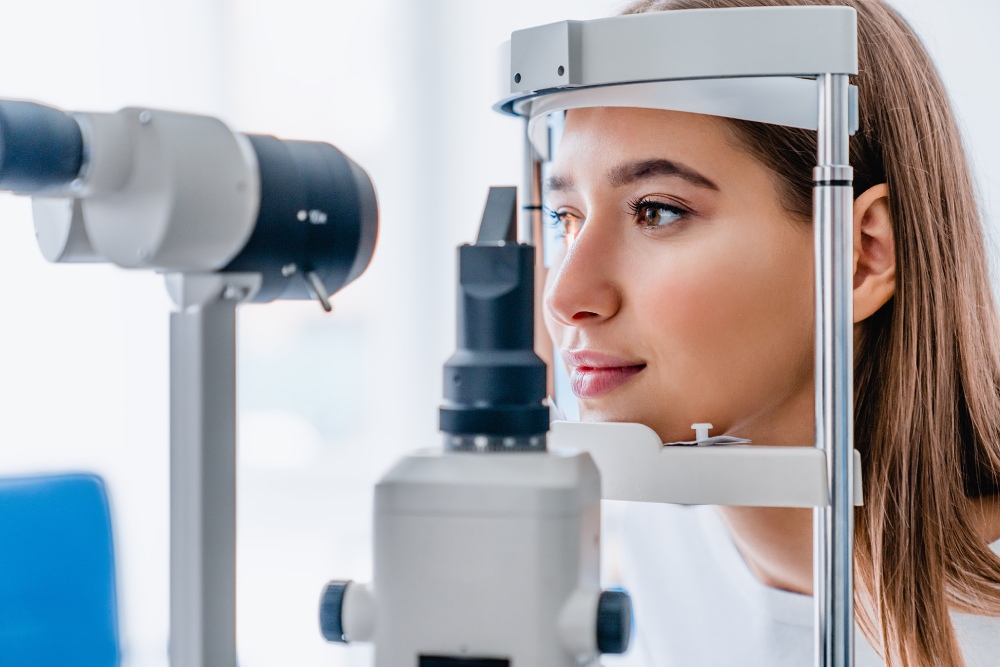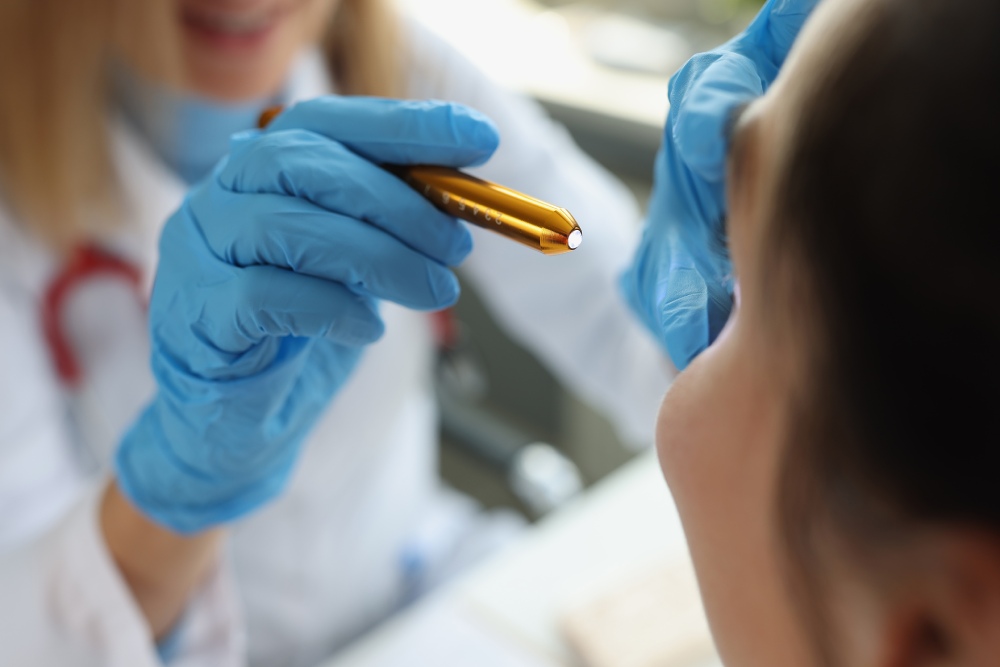Did you know that diabetic eye disease is the leading cause of blindness in American adults? November is Diabetic Eye Disease Awareness Month, so it is the perfect time to learn more about this serious condition.
Diabetic eye disease refers to a group of eye problems that can develop in people with diabetes. These problems include diabetic retinopathy, cataracts, and glaucoma.
- Diabetic retinopathy is the most common form of diabetic eye disease. It occurs when diabetes damages the blood vessels in the retina, the light-sensitive tissue at the back of the eye.
- Cataracts are another common problem associated with diabetes. A cataract is a clouding of the eye’s lens, which can eventually lead to vision loss.
- Glaucoma is a condition that damages the optic nerve, which carries information from your eyes to your brain. People with diabetes are also at increased risk for developing glaucoma.
Symptoms of Diabetic Eye Disease
Diabetic eye disease often has no early warning signs. That is why it is so important for people with diabetes to have comprehensive dilated eye exams at least once a year. A comprehensive dilated eye exam is the best way to detect diabetic eye disease in its earliest stages, when treatment can be most effective.
During a comprehensive dilated eye exam, drops are placed in your eyes to widen or “dilate” your pupils. This allows your doctor to get a good look at the back of your eyes and check for signs of diabetic retinopathy and other problems. Your doctor will also check your eyes for cataracts and measure intraocular pressure, which can indicate whether you have glaucoma.
Treatment for Diabetic Eye Disease
If you have diabetic retinopathy, treatment may involve laser surgery or injections of medications into the eyeball. These treatments can help prevent or delay vision loss from diabetic retinopathy by slowing or stopping the progression of the disease. If you have cataracts, surgery may be necessary to remove them and improve your vision. If you have glaucoma, treatment may involve medications, laser surgery, or traditional surgery to relieve pressure within your eyeball and prevent further damage to your optic nerve.
Conclusion
If you have diabetes, it is very important to have regular comprehensive dilated eye exams so that any problems can be detected early and treated accordingly. By doing so, you can help preserve your vision and maintain good eye health.





